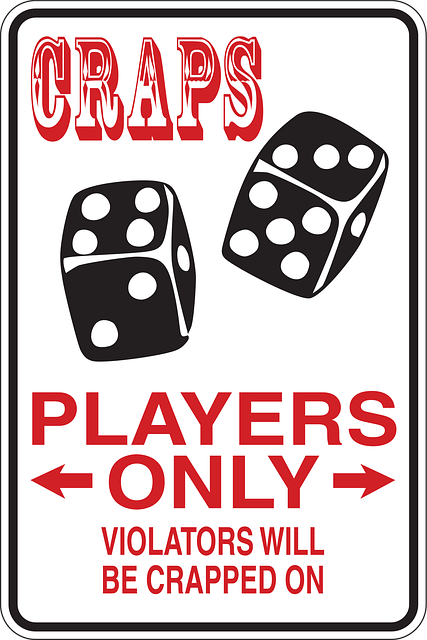The Gambling Laws EU harmonize a historically fragmented gambling sector, balancing economic growth with consumer protection. Member states maintain autonomy over licensing, game offerings, and social responsibility while adhering to core EU values like fairness and consumer protection. Introduced in the late 20th century, these laws create a unified market for gambling services, protect citizens from harms, and ensure fair competition among operators, addressing issues like money laundering, fraud, and problem gambling, with a focus on data privacy.
“Unraveling the Complexities of Gambling Laws EU: A Comprehensive Guide
The European Union’s (EU) gambling landscape is a intricate web of regulations, shaped by a delicate balance between harmonization and national autonomy. This article offers an in-depth look at the evolution of EU gambling legislation, its core objectives, and the key components that govern the industry. From licensing procedures to player protection and technological advancements, we explore the challenges and recent developments, providing valuable insights into the future of gambling within the dynamic EU framework.”
- Overview of Gambling Regulation in the EU
- – Brief history of gambling legislation in Europe
- – Key objectives and principles of EU gambling laws
Overview of Gambling Regulation in the EU

The Gambling Laws EU represent a complex web of regulations that aim to balance the economic benefits of gambling with the need to protect citizens from potential harms. The European Union’s approach to gambling regulation is characterized by a mix of direct EU legislation and member state autonomy, reflecting the diverse social, cultural, and economic landscapes across Europe. This duality ensures tailored solutions while maintaining consistent standards across the bloc.
Direct EU legislation focuses on areas like consumer protection, money laundering prevention, and cross-border gaming, setting the broad framework for gambling activities. Member states, however, have significant leeway to craft their own regulations concerning licensing, game types, betting limits, and social responsibility measures. This flexible system allows countries to adapt to unique gambling landscapes while ensuring that core EU values, such as fair play and consumer protection, are upheld throughout the union.
– Brief history of gambling legislation in Europe

Gambling has been a part of European culture for centuries, with historical records indicating early forms of betting and games of chance. However, it wasn’t until the late 20th century that gambling legislation began to take shape across the EU. Prior to this, each individual country had its own set of rules and regulations, leading to a diverse and often complex legal landscape. The need for standardized Gambling Laws EU-wide became apparent as the gambling industry evolved with technological advancements, particularly with the rise of online gaming.
The European Union has taken significant steps to harmonize gambling regulations, recognizing the importance of a unified approach to protect consumers and ensure fair competition. This process involves creating a legal framework that balances the interests of governments, operators, and players while adapting to the dynamic nature of the online gambling market. As a result, EU citizens now enjoy a more consistent gaming experience across borders, with improved consumer protection and access to a wide range of legal gambling options.
– Key objectives and principles of EU gambling laws

The key objectives of the EU Gambling Laws are to create a unified and regulated market for gambling services across all member states while ensuring consumer protection and preventing illegal activities. These laws aim to provide a level playing field for operators, allowing them to compete fairly within the single market while also offering safe and secure gaming experiences for European citizens. The primary principles guiding these regulations include non-discrimination, transparency, and accountability.
One of the main goals is to establish consistent standards for licensing, monitoring, and supervision of gambling activities, ensuring that online and offline operators adhere to similar rules. This helps in preventing cross-border issues like money laundering, fraud, and problem gambling from being exploited due to differences in national legislation. The EU Gambling Laws also emphasize data protection and privacy, crucial aspects as the industry increasingly moves online.
The Gambling Laws EU have evolved significantly over time, reflecting a delicate balance between promoting a robust gaming industry and protecting consumers. These regulations not only ensure fair play and responsible behavior but also foster a unified market across the European Union. By adhering to common objectives and principles, member states contribute to a transparent and safe gaming environment for all participants, solidifying the EU’s position as a global leader in gambling regulation.






